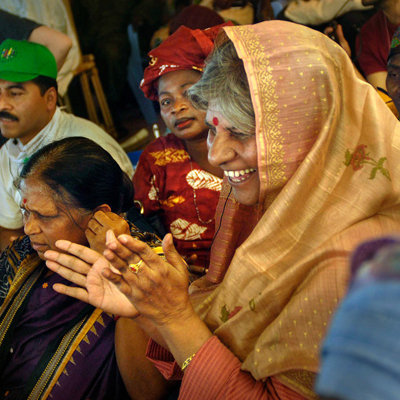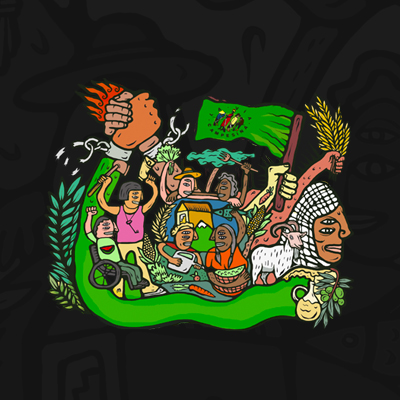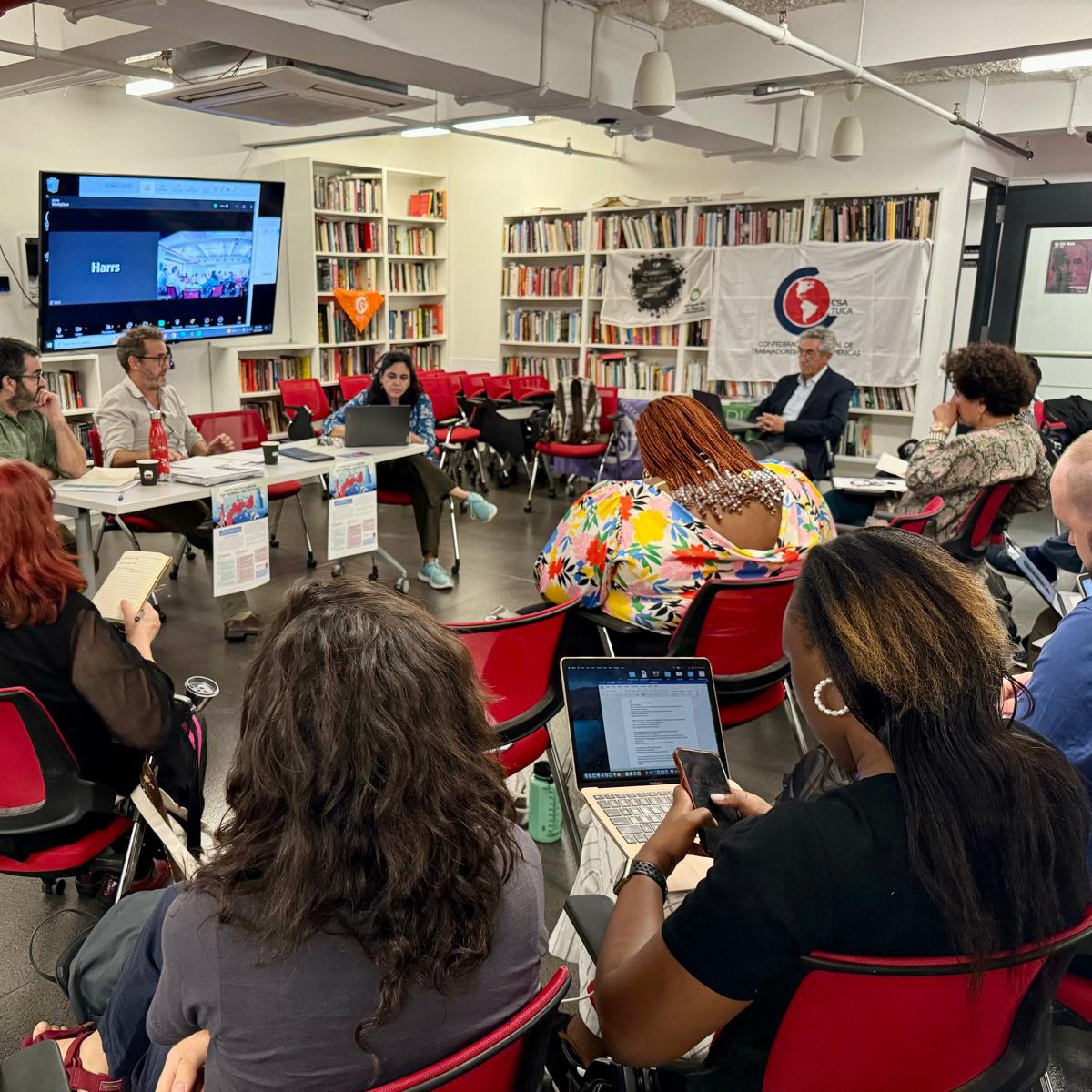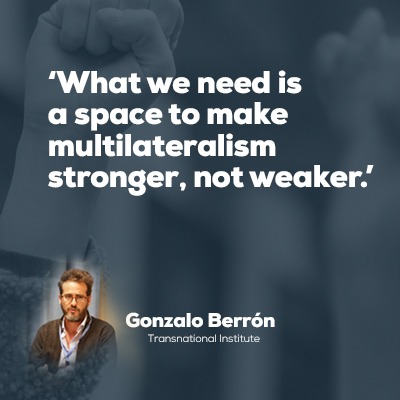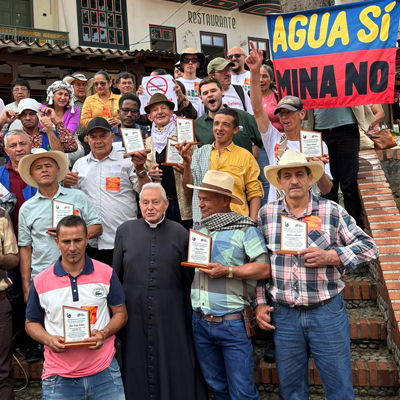
Colombian court releases 11 peasants facing legal proceedings filed by mining company AngloGold Ashanti
On June 16, a judge of the Municipal Court of Jericó, a municipality in the department of Antioquia, released eleven peasants who are facing legal proceedings for opposing a mining project of transnational corporation AngloGold Ashanti in the area. The decision allows the peasants to continue the process while remaining free, contrary to the request of the Prosecutor's Office that…




